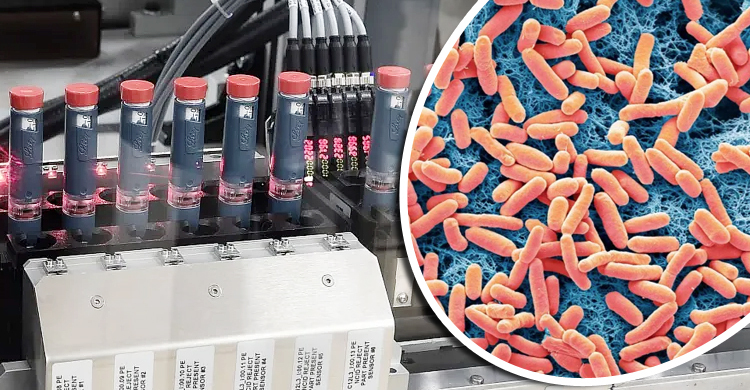Back to News

Jagonews24Features & Special Reports3 hours ago
The plastic-eating bacteria brewing painkillers
Plastic waste is one of the most stubborn problems of our age. But what if those discarded bottles and packaging could be transformed into something unexpectedly useful—such as medicine? Earlier this year, scientists at the University of Edinburgh announced that they had genetically engineered a common bacterium, Escherichia coli, to digest molecules derived from plastic and convert them into paracetamol, the world’s most widely used painkiller. It is an experiment that highlights not only the promise of biotechnology in tackling environmental waste, but also the surprising versatility of a microbe that has shaped the course of modern science. To the public, E coli is often known as the culprit behind food poisoning. Yet certain strains of the bacterium are harmless—and...